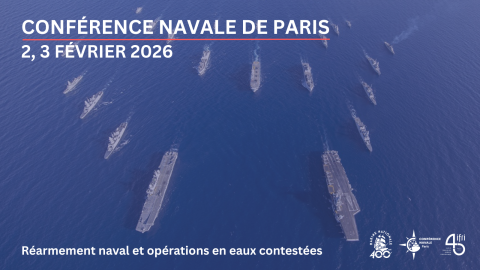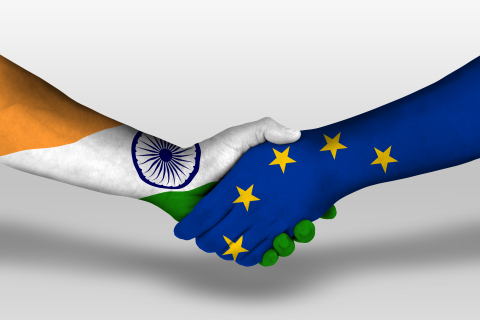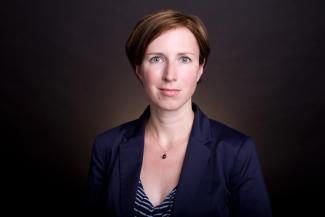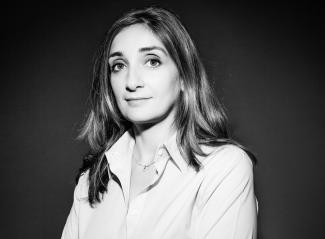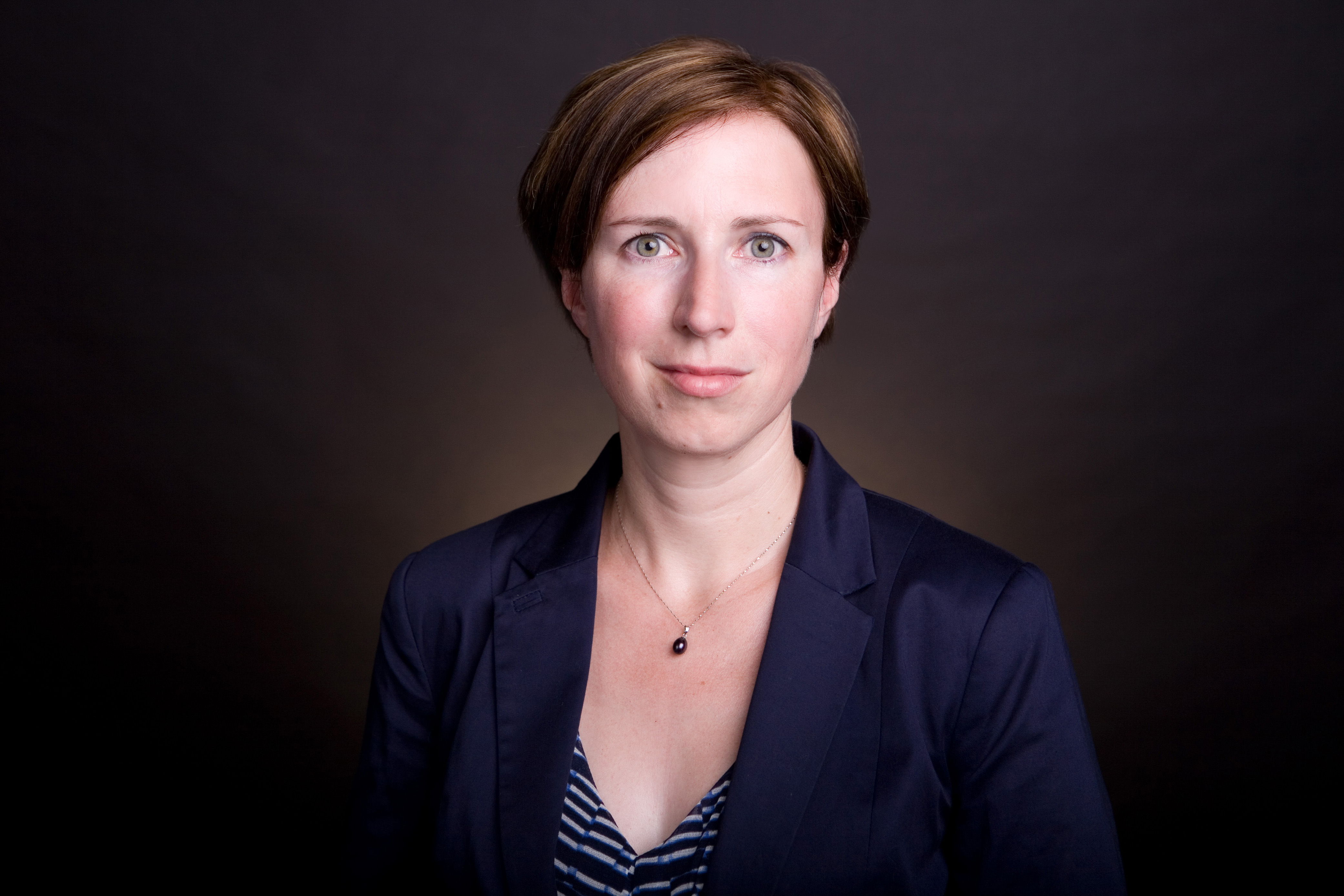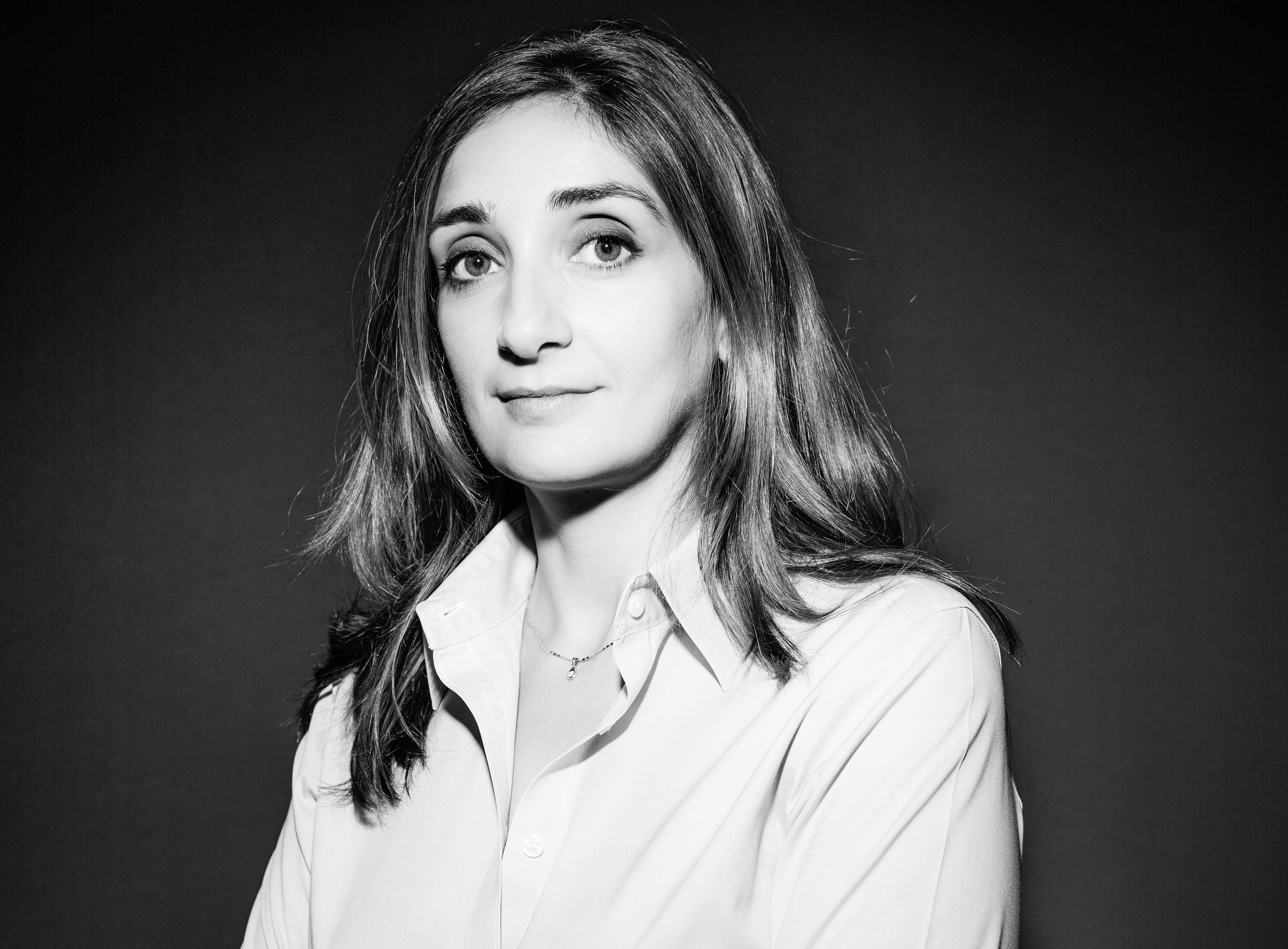Energy Union - Germany, France and Poland between common European goals and divergent national approaches

Informations pratiques
Accessibilité
Thématiques et régions
Centres et programmes liés
Ceci est un événement réservé.
En savoir plus sur nos programmes de soutien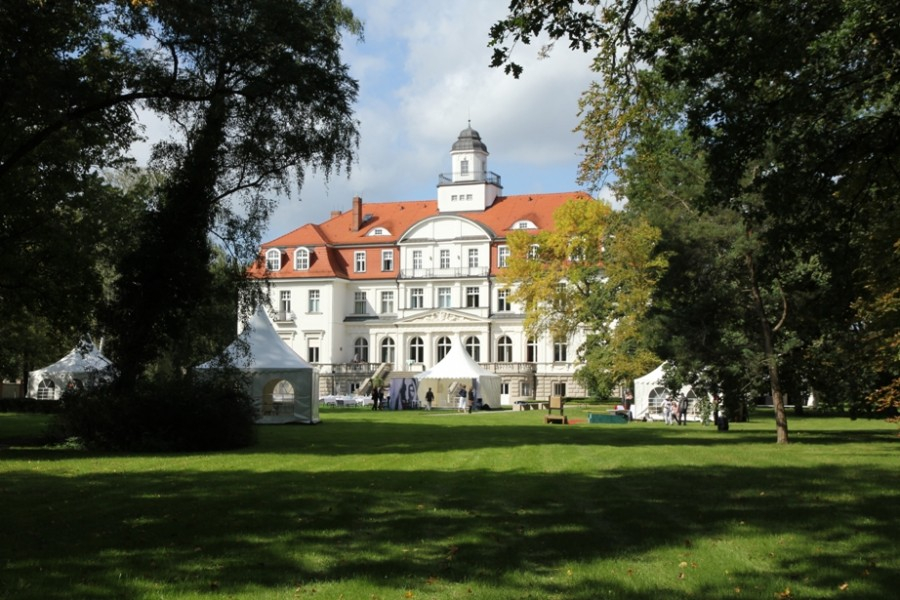
La reprise du débat autour des problèmes énergétiques de l'Union européenne, provoquée par la proposition polonaise de 2014 visant à créer une Union de l'énergie, démontre que le sujet est largement considéré comme important. Cette conclusion est étayée par les avis d'experts et de parties prenantes recueillis par l'Institut des affaires publiques dans quatre pays : la France, l'Allemagne, la Pologne et le Royaume-Uni. Le fonctionnement du marché intérieur de l'énergie ne répond pas aux attentes et il semble que seuls des efforts concertés des États membres – une stratégie européenne cohérente – permettront de résoudre efficacement les problèmes les plus urgents. Un aperçu des réactions et des attentes dans les États membres suggère que la stratégie-cadre publiée par la Commission européenne en février 2015 reflète assez bien les opinions dominantes sur les défis les plus urgents. Il s'agit toutefois d'un document général qui formule un grand nombre de priorités qui pourraient parfois s'avérer difficiles à concilier. Les mesures nécessaires pour atteindre les objectifs énoncés dans le document pourraient devenir un sujet de discorde entre les États membres.
Panel I : Des idées à la réalité - Défis et stratégies pour le projet d'Union de l'énergie
Panel II : Un marché européen commun de l'énergie - Vers une Europe compétitive
Panel III : Entre géopolitique et économie - Vers une politique étrangère européenne commune en matière d'énergie ?
Panel IV : Comment impliquer les citoyens européens ? - La dimension sociale de l'Union de l'énergie
Funded by:
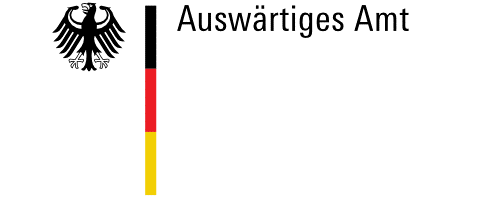
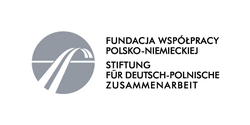
Nos partenaires
Intervenants
Sujets liés
Autres événements

Conférence navale de Paris 2026 : Réarmement naval et opérations en eaux contestées
Cette quatrième édition de la Conférence navale de Paris (CNP), en réunissant des intervenants militaires, industriels et académiques de haut niveau, abordera les défis liés au réarmement naval général et aux opérations navales dans des environnements de plus en plus contestés.
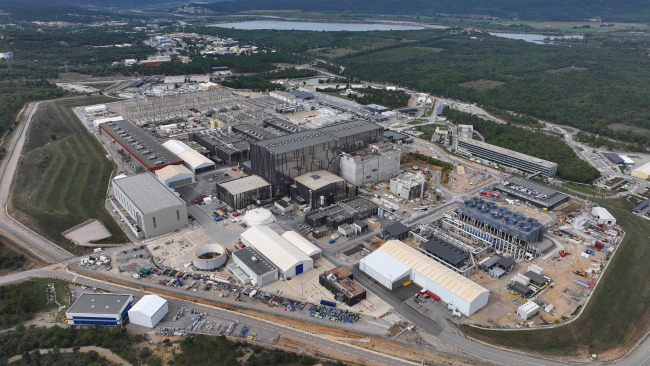
La fusion nucléaire sera-t-elle plus rapide et moins onéreuse que prévu ?
ITER a longtemps incarné la fusion en tant qu'objectif de coopération internationale à long terme en matière de R&D cherchant un nouveau moyen de produire une électricité sûre, abondante et bas carbone. Cependant, au cours des dernières années, des start-ups spécialisées dans la fusion, plusieurs gouvernements et investisseurs ont décidé de promouvoir la R&D dans le domaine de la fusion afin de compléter ITER. Des efforts importants sont actuellement déployés, notamment aux États-Unis, en Chine, en Allemagne et en Italie.

Quel avenir pour le partenariat Inde-UE après le sommet ?
Dans un contexte international bouleversé, le sommet UE–Inde du 27 janvier à New Delhi pourrait constituer une étape de rapprochement déterminante, avec l’annonce de nouveaux accords et d’un agenda stratégique commun ambitieux.





